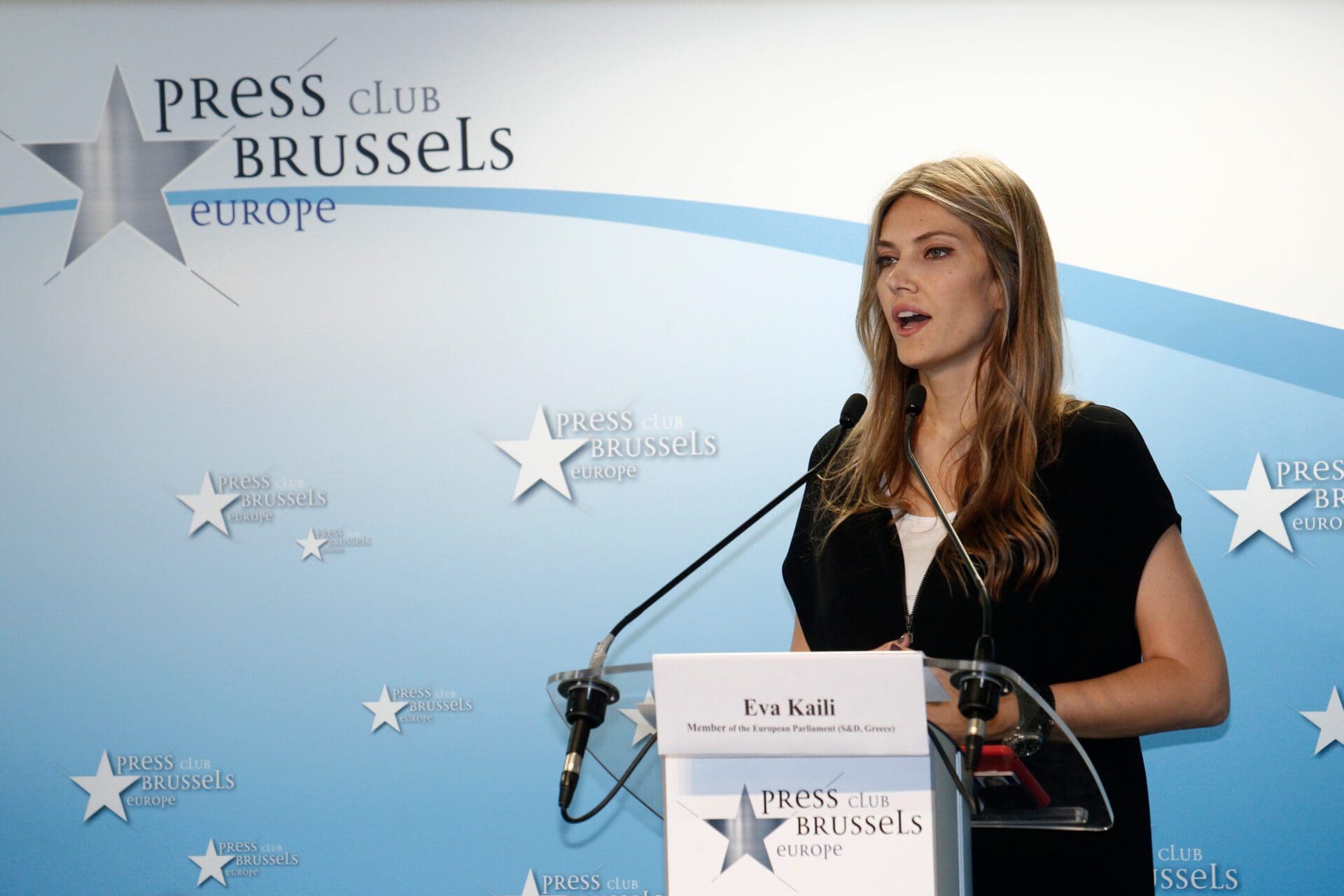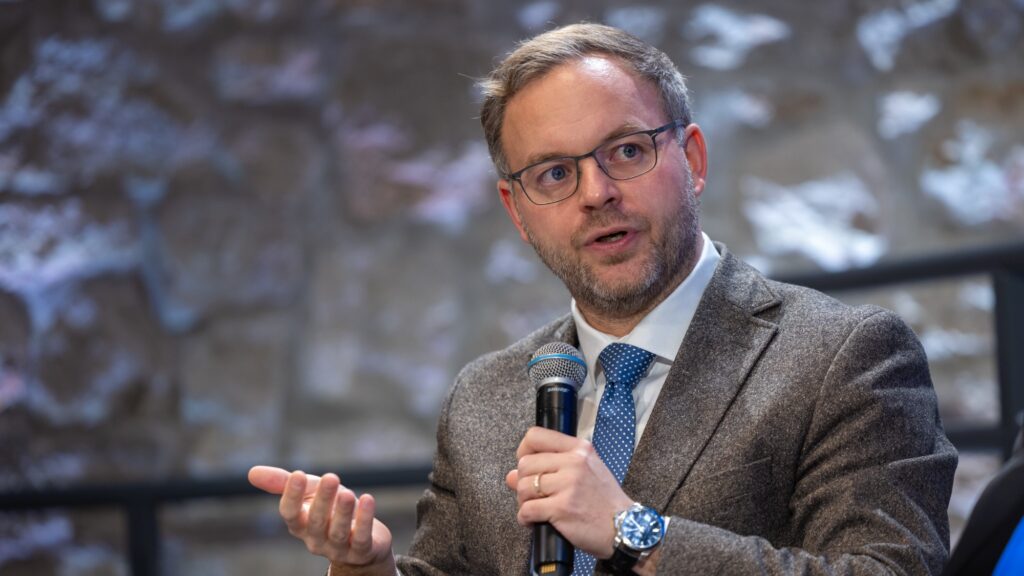The scandal erupted when it emerged that Morocco and Qatar bribed EU diplomats to influence legislation on the continent. Since the first allegations were made by whistleblowers, four people have been accused of corruption and related crimes, with some of them now being held in custody. The Belgian police has seized around 1.5 million EUR from current and former MEPs and has carried out 20 searches in multiple premises. The police have also seized the IT resources of some European Parliament employees to prevent the deletion of key data. Pier Antonio Panzeri, a former Italian Socialist member of the EP is detained in Belgium, while his wife and daughter, who are accused of being his accomplices, are likely to be extradited by Italy to Belgium. Until that happens, they remain in house arrest.
The other politician held in custody is Greek Social Democrat MEP Eva Kaili who was arrested in Brussels. Although as a representative she was entitled to immunity, she was arrested because she was caught red-handed, with large bags of cash found in her flat, as announced by the Belgian police on Twitter.
The MEP is accused of having accepted a large sum of money from Qatar to lobby on its behalf.
Even though her immunity was lifted, Kaili remains a member of parliament although she was ousted from her position as Vice President at the EP.
Dans le cadre d’un dossier du Parquet Fédéral de suspicions de corruption, visant des personnes actives au sein du Parlement européen, la Police Judiciaire Fédérale a saisi près d’1,5 millions d’euros lors de perquisitions menées en région bruxelloise. pic.twitter.com/2UfK2zNtnm
— Police Fédérale (@policefederale) December 14, 2022
In light of the alleged bribery, all legislative work in the EP with relation to Qatar has been been suspended. The suspension concerns mainly two pieces of legislation—an aviation agreement between Qatar and the EU, and the visa liberalization for Qatari and Kuwaiti citizens (Kaili had voted in favour of the visa liberalization). All visits by MEPs to Qatar, the country that has just hosted the football World Cup, have also been suspended. Doha has denied any involvement in the corruption scheme and protested the suspension of legislative work in relation to Qatar (Morocco was not penalized with suspension). As a retaliation, Qatar has threatened to reduce its energy exports to Europe. Since Europe has drastically cut its energy imports from Russia, Qatar has become a key player in securing energy for Europe in the cold winter months.
So basically @TheProgressives have fabricated lies about corruption in #Hungary for years, and now their leading politician, the Vice-President of @Europarl_EN, is involved in the biggest corruption scandal in the history of the EU. Hypocrasy at its best.https://t.co/hl3aOMk7L4
— Hidvéghi Balázs (@BalazsHidveghi) December 10, 2022
The current accusations of illicit lobbying and bribery constitute the second corruption scandal the EU has experienced in a very short period of time. The previous scandal in late September involved not the EP, but the Commission. During the COVID pandemic, the Commission was of the opinion that the EU as a bloc has better chances of negotiating a favourable vaccine deal than the individual member states would have, so it sealed the EU’s largest and least transparent pharmaceutical deal ever—as we have written earlier. While under the first agreement between the Commission and US pharmaceutical giant Pfizer, the EU bought vaccine jabs for twelve euros apiece,
by the time the third agreement was signed, the cost rose to almost twenty euros apiece.
Although questions have been raised about the substantial price increase, no satisfactory answers have been provided. EC President Ursula von der Leyen appears to be implicated in the scandal as she personally discussed the details of the deal with Pfizer representatives, exchanging phone calls and text messages with them, which the EC refused to share with the public, claiming the texts could not be retrieved.
Both of these scandals are reminders of the lack of accountability and popular oversight of Brussels and European institutions. The Commission, for one, is not an elected body, so the Commissioners cannot be ‘punished’ with non-re-election. MEPs, on the other hand, are elected by the people and are therefore answerable to them, however, they are elected on the nation state level, and then endowed with the power to influence supranational issues. It follows that MEPs can also only partly be held accountable, as Slovak or Spanish voters for instance have no means to hold the arrested MEPs, a Greek and an Italian, to account.
As a result, a harmful culture of non-answerability emerged in the EU.
As former MEP and current director of Transparency International Michiel van Hulten observed: ‘Over many decades, the parliament has allowed a culture of impunity to develop, with a combination of lax financial rules and controls and a complete lack of independent (or indeed any) ethics oversight.’
But Transparency International’s proposal to set up an Ethics committee in Brussels’ ivory tower would not solve the accountability deficit of EU institutions. It is only popular oversight, closeness to the very people who are directly affected by their decisions that could put enough pressure on EU institutions to work transparently.








